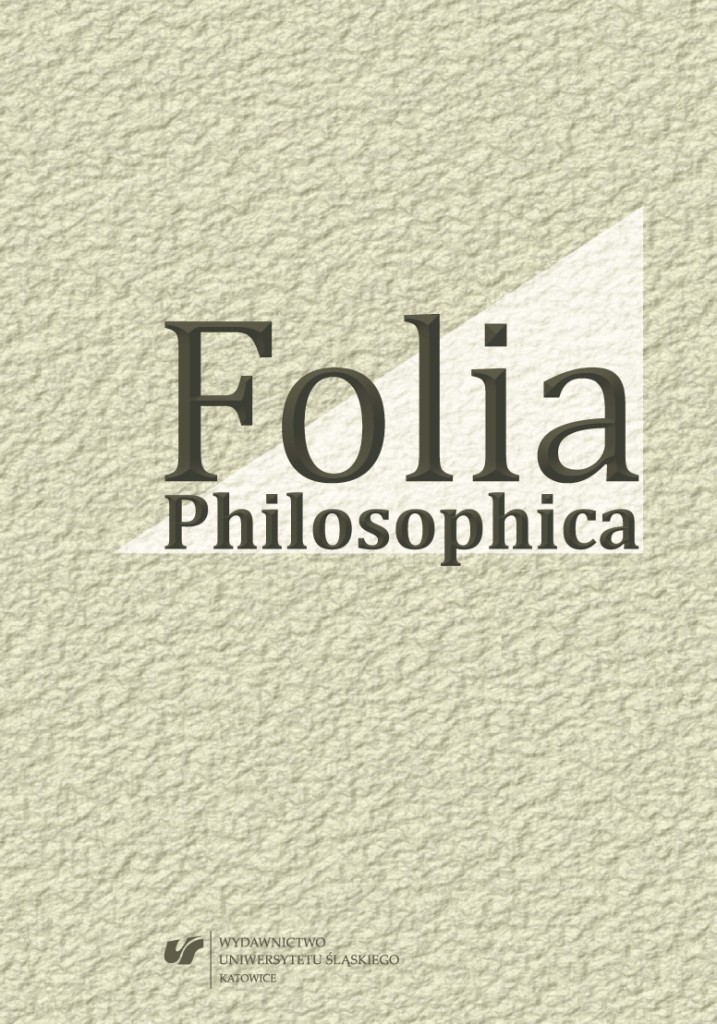Hans Wagner jako neoneokantysta
Hans Wagner as a Neo-Neo-Kantian
Author(s): Alicja PietrasSubject(s): 19th Century Philosophy, Contemporary Philosophy, German Idealism, Phenomenology
Published by: Wydawnictwo Uniwersytetu Śląskiego
Keywords: transcendental philosophy; neo-Kantianism; post-neo-Kantianism; neo-neo-Kantianism; Hans Wagner; Nicolai Hartmann; Kant; Hegel; reflection; thinking; absoluteness; finiteness; scepticism;
Summary/Abstract: The aim of the paper is to briefly present the philosophy of Hans Wagner (1917—2000) as belonging to the last phase of the development of the German transcendental philosophy. Hans Wagner’s philosophy is presented as an attempt to synthesize earlier positions developed on the basis of this tradition, namely the synthesis of: (a) neo-Kantianism with post-neo-Kantianism, (b) Kant’s philosophy with Hegel’s philosophy, (c) neo-Kantian transcendentalism with Husserl’s transcendentalism, (d) the philosophy of transcendental subject (Kant, neo-Kantianism, phenomenology) with the philosophy of empirical subject (Hönigswald, Heidegger, Sartre). The main theoretical figure of Hans Wagner’s philosophy is the problem of two aspects of human thinking: its absoluteness and finiteness. According to Wagner development of the philosophical reflection, which we can observe on the example of the evolution of — originating from Kant — transcendental philosophy, leads to an explanation of the possibility to reconcile these two aspects of human thinking, and thus to answer the very question: how is it possible that our thinking can be both absolute and finished, and what are the consequences of this fact for the status of all cultural products of human thinking, such as: science, morality or law.
Journal: Folia Philosophica
- Issue Year: 2018
- Issue No: 39
- Page Range: 5-26
- Page Count: 22
- Language: Polish

